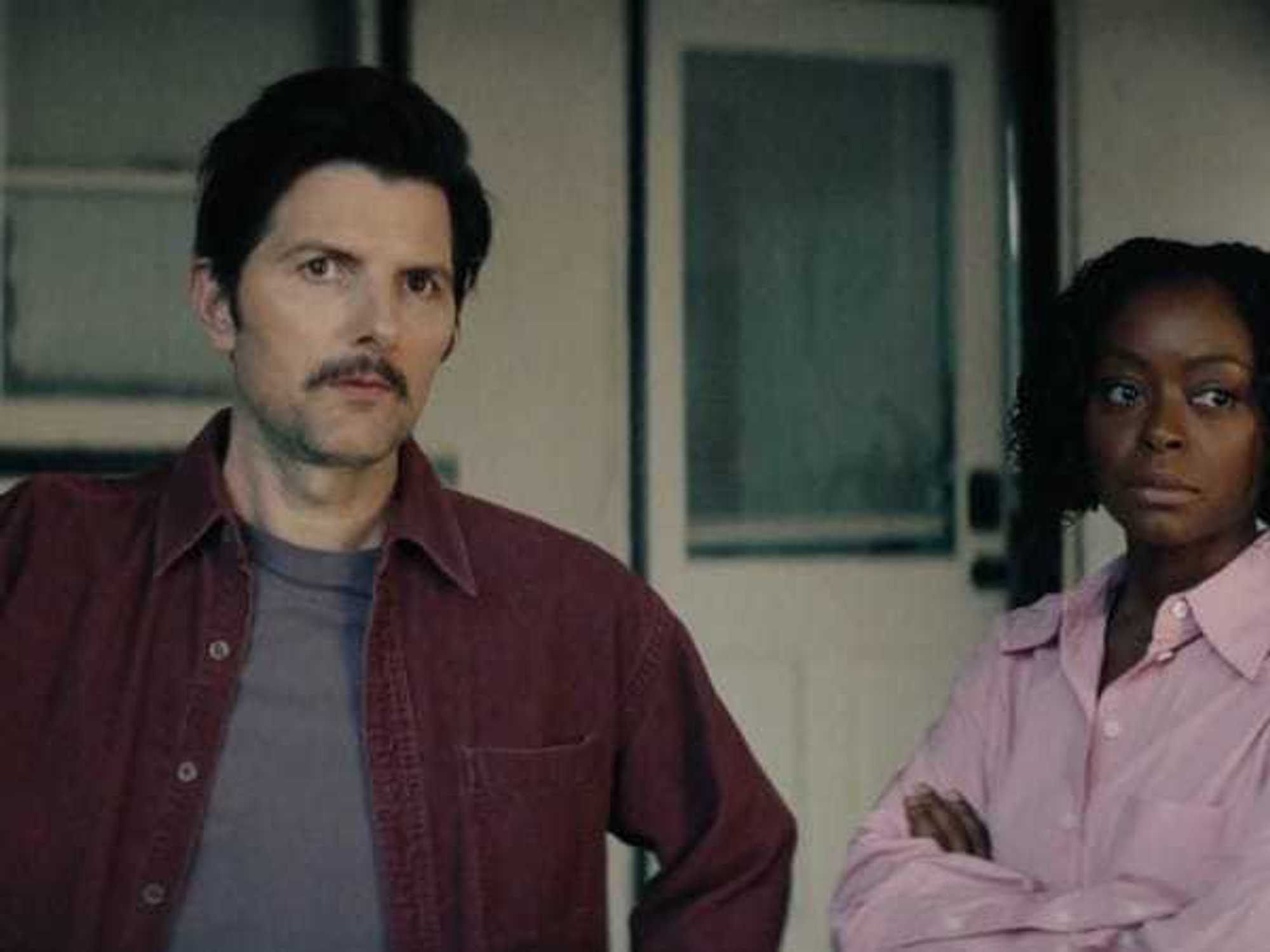For Jew and you too
3 showings at the upcoming Austin Jewish Film Fest you just can’t pass over

Jewish films are a treasure trove not just of history and resilience, but of wit and the earnestness of real-life stories. The category is niche enough to inspire uniqueness just in telling the truth, but drawing from millennia of shifting experience, is broad enough to reflect something in everyone, Jew and gentile alike. The Austin Jewish Film Festival brings more than 50 films from all over the world to Austin this November, covering a broad range from historical dramas to lighthearted comedies.
“We’ve got everything from modern documentaries, modern dramas, LGBTQ-based, Ed Asner’s last film. ... There’s something for everybody. It crosses the board,” says AJFF director David Finkel, pointing out that roughly a quarter of the festival’s audience is not Jewish. He addresses common narrow-mindedness around Jewish films. “Yes, we do have World War II dramas and documentaries, but we’re not the Holocaust Film Festival.”
The local festival started 19 years ago with five films, including one called Shalom Y’all, that reflected the Southern Jewish experience in the United States (a less-talked-about experience compared with the tropes of Southern Christianity and Northern Judaism that mainstream media tends to center on). Since then, the festival has expanded its offerings past its original festival format to support a year-round event initiative called AJFF365.
Embracing its diverse audience and encouraging even more engagement from outsiders, AJFF is offering its entire short film programming for free online, with some special showings in the theater. Partnerships with local organizations such as the Austin Gay and Lesbian International Film Festival, the Austin Polish Film Festival, and the Austin Film Society are helping integrate more viewers around town, over bags of popcorn, of course.
“I want people to walk away ... educated or entertained, but at the same time to think about the stories,” Finkel says. “Hopefully [it will] provide some touch point or connection between the Jewish and non-Jewish communities to have shared experience. It’s something you can talk to your friend or neighbor about.”
CultureMap asked Finkel about three titles he’s most looking forward to sharing at the fest November 11-16. The festival will include a mix of in-person showings at the Galaxy Highland theater and online streaming in 48-hour periods. Moviegoers can purchase individual tickets or AJFF memberships online.
The New Jew
Recently, Finkel points out, Austin’s growing Jewish population is welcoming more Israelis, many of whom are coming to pursue tech jobs, adding another interesting facet to the prismatic community. Fittingly, AJFF is showing a bilingual television series presented by Israeli comedian Guri Alfi called The New Jew, which examines Jewish lifestyles across the United States. It highlights how deliberately Americans choose Jewishness in order to participate, contrasting with Israelis, who are surrounded by it by default. Alfi will present his show in person at the festival.
David Finkel: It’s hysterical, what this guy does. It’s still serious, but it’s funny. We’ll have a reception and a bit of standup from [Alfi]. We will show the first of the four episodes live, then we’ll do a Q&A, and all of the episodes will be available online on our digital platform. These sorts of opportunities didn’t exist before because we didn’t have the platform, and ... the programming approach was different.
Hester Street
This black-and-white classic was retro even in 1975, and is based on a novella from 1896. It follows a marriage between Eastern European Jews who immigrate to Manhattan and react differently to the pressures of assimilating. Notably, it establishes a character (played by Carol Kane) that is empowered by traditionalism but still seeks personal liberation. In ways like The New Jew, this film explores personal choice and changing Jewish identities. The festival is showing a new 4K digital restoration of the classic film, which is also unusual in AJFF’s programming.
DF: There are a large number of Afghan refugees coming to Austin. Their story is not the exact same, but there are a lot of parallels. I think that looking at a lot of these stories and watching films ... can help provide more empathy for people to hopefully interact with their fellow humans today that are suffering from similar histories. When you look at the actual core lesson about compassion ... I think that’s the really serious part of what a film festival like ours brings to the table.
Persian Lessons
This film follows a familiar format: a Nazi camp prisoner lies to save his life and needs to prolong the farce as he buys himself more and more time. In this case, the lie is that this Jew is Persian and can teach a camp chef with a lot of clout how to speak Farsi, which he makes up as he goes. Even when reviews question the story’s plausibility, they praise the performance and emotion generated overall. Unexpectedly, in such a dark narrative, there are comedic moments that spur frequent comparisons to Taika Waititi’s Jojo Rabbit (2019).
DF: I don’t want to give any plot spoilers, but something happens at the very end of the movie that is really remarkable, and it brings a whole level of different meaning to this. It’s quite unusual and everybody in our committee that has seen it thinks it’s amazing. It’s very, very well produced, and it’s one of these things where you come away and later on, you think about the stories in the film.”
